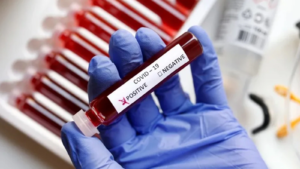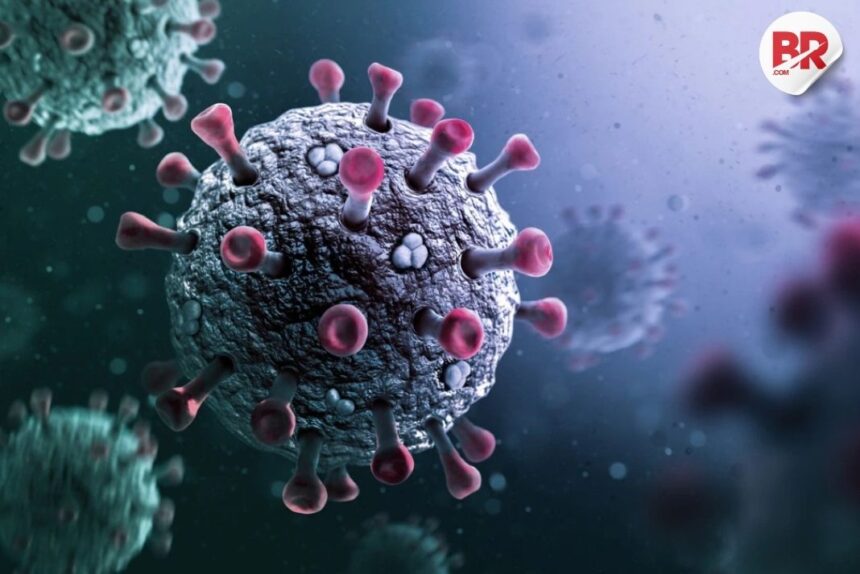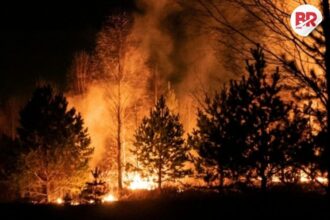
COVID-19 cases are going up quickly in some parts of Asia, especially in Singapore and Hong Kong. This rise is caused by two new versions of the virus called LF.7 and NB.1.8. These are both types of a strain called JN.1, which itself comes from the Omicron family.
The World Health Organization (WHO) says JN.1 is a “variant of interest” because it spreads fast, but it is not yet a “variant of concern.” The new versions, LF.7 and NB.1.8, are being watched closely worldwide.

Why Are Cases Increasing?
The number of infections is rising mainly because these variants spread more easily and because people’s immunity from past infections or vaccines is getting weaker.

Singapore’s health department says LF.7 and NB.1.8 are now the main COVID types in the country. Together, they make up more than two-thirds of recent cases. This has caused a 28% jump in COVID infections in Singapore in the first week of May 2025. Hong Kong has also seen a big rise in cases, with more people testing positive.
Experts believe that less protection from vaccines or past COVID, more social gatherings, and fewer safety measures are also helping the virus spread.
What Are the Symptoms?
The symptoms of these variants are mostly the same as other Omicron types. They include:
- Sore throat
- Mild cough
- Feeling tired
- Fever
Most people, especially those vaccinated, get mild symptoms. But older people and those with health problems can still get very sick.
An official from India said most of their 257 monitored cases are mild with no unusual problems or deaths.
Dr. Diksha Goyal, a senior doctor in India, said people with LF.7 might have fever, headache, body pain, tiredness, and sometimes nausea or vomiting. Some may also cough or have trouble breathing, depending on their health and immunity.
For NB.1.8, symptoms are usually mild to moderate and include sore throat, runny nose, cough, and mild fever. Some may also feel tired or have muscle aches and headaches. These symptoms are similar to a common cold but can be stronger or weaker depending on the person’s age and health.
Vaccines and WHO Status
Vaccines, especially booster shots made for Omicron, still protect well against serious illness and death. But early data shows these new variants might make vaccines a bit less effective, causing some people to get infected even after vaccination.
Because of this, experts are thinking about updating the vaccines soon.
As of May 2025, WHO has not called LF.7 or NB.1.8 “Variants of Concern” or “Variants of Interest.” Instead, they are called “Variants Under Monitoring,” meaning they are being watched carefully but are not seen as a big global threat yet.












